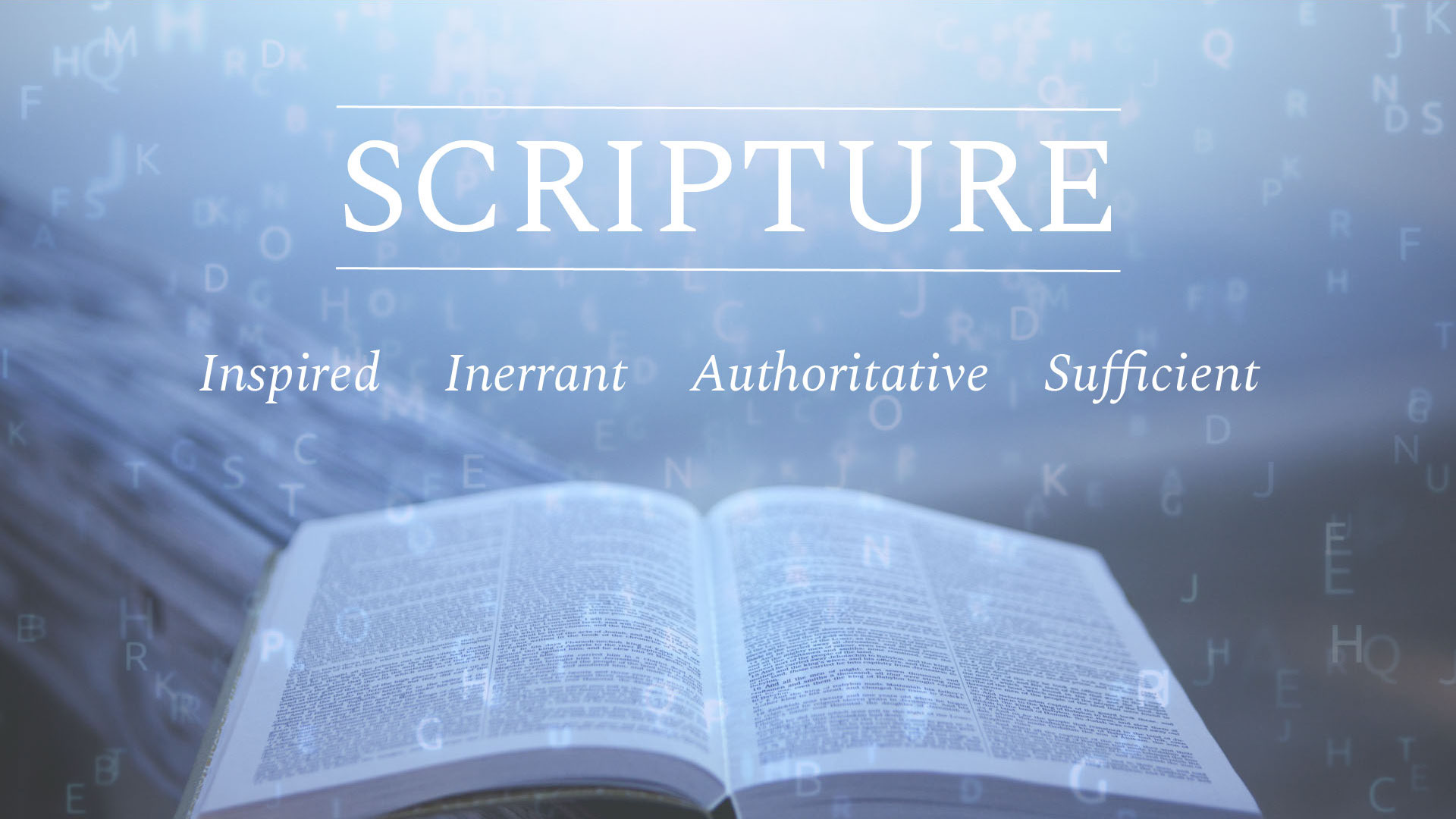-
The Unrestrained Word
Contributed by Isaac Butterworth on Apr 5, 2022 (message contributor)
Summary: Speaking God's Word is fraught with risk, yet God accomplishes His purpose through His Word. Therefore, we must speak God's Word despite the risks.
Why do you think Jeremiah was so ‘afraid’? It’s not really hard to figure out, is it? God had a message He wanted delivered, and He wanted Jeremiah to deliver it. But here’s the thing about God’s message: Not everyone wants to hear it. Why not? Because it exposes sin and calls for repentance. It means change. And people have a natural aversion to change. And any number of things might happen when you start telling people that’s what they need to do. Some may welcome your counsel and actually turn to God. But most won’t. Most will ignore you. Others will reject you. Some may resist you. And there will be those who try to silence you. So, when Jeremiah heard the Lord’s summons to be His messenger, what came to mind was not the privilege of being selected by God to speak His Word. No, what came to mind were the hazards involved.
But that’s the way God gets His Word out. He doesn’t write it in the stars for all to read. He chooses people to speak His Word, and it is through His Word that He accomplishes His purpose. So, despite the risks, we are the ones who must speak His truth. And this passage from Jeremiah, chapter 1, gives us four very good reasons for doing so. First, God’s Word reveals His sovereignty. Second, it reveals His power. Third, His purpose. And, finally, His character.
I. God’s Word Reveals His Sovereignty (Jer. 1:4-5)
So, perilous as it is to speak God’s Word in a world like ours, we must do it all the same. And the first reason is: God’s Word reveals His sovereignty. If we look again at verses 4 and 5, we will see God’s sovereignty on display.
In His Sovereignty God Sets His Love Upon Us (vv.4-5a)—And what we see first is that, in His sovereignty, God sets His love upon us. Beginning with verse 4, we read: ‘Now the word of the LORD came to me, saying, “Before I formed you in the womb I knew you…”’ Now, when God says to Jeremiah, “I knew you,” He means far more than we might mean when we say we ‘know’ someone. In the Scriptures, knowledge has to do with relationship—and, more specifically, it has to do with a covenant relationship. There’s in it more than a trace of divine sovereignty. God’s knowledge of us is the exercise of His grace in choosing to set His love upon us and thereby to distinguish us as His own. In Genesis 18:19, the Lord says of Abraham, ‘I have chosen him,’ and the English word ‘chosen’ in that verse is, in Hebrew, the same word rendered ‘knew’ here in Jeremiah.
And what is more, you notice, this knowledge dates from ‘before’—how does God say it here?—‘before I formed you in the womb—that is, before conception. There was nothing that Jeremiah did—or could do, for that matter—to qualify for such favor. Nor can we. God sets His love upon us, as Paul would say later, “before the foundation of the world” (Eph. 1:4). To quote Paul further, he said in another place that “those whom [God] foreknew he also predestined” (Rom. 8:29). His foreknowledge was not simply advance information. It was His sovereign choice to set His love upon His elect—those for whom Christ would die.
In His Sovereignty God Sets Us Apart (v. 5b)—Now, back to Jeremiah 1. There’s more to be seen of God’s sovereignty. Not only is it true that God sets His love upon us, but it is also the case that He sets us apart. He saves us through Christ and anoints us for service in Christ. Listen again to the last half of verse 5, where the LORD says to Jeremiah, ‘And before you were born I consecrated you; I appointed you a prophet to the nations.’
There is more going on here than a divine search for volunteers. Your calling and mine—like that of Jeremiah—was decreed before the beginning of time. And you and I need to know and remember that we are on a divine mission that has been planned from all eternity. Is it hazardous to speak God’s Word into a culture that resents, resists and rejects it? It can be! But we were born—and born again—for this: to publish abroad the salvation of our God. And we need not fear those who may hate us for it. Jesus Himself said, ‘If the world hates you, know that it has hated me before it hated you’ (John 15:18). Does that seem like meager comfort? Then look at this.
II. God’s Word Reveals His Power (Jer. 1:6-8)
Not only does God’s Word reveal His sovereignty; it also reveals His power—His power over us and His power on our behalf.

 Sermon Central
Sermon Central



